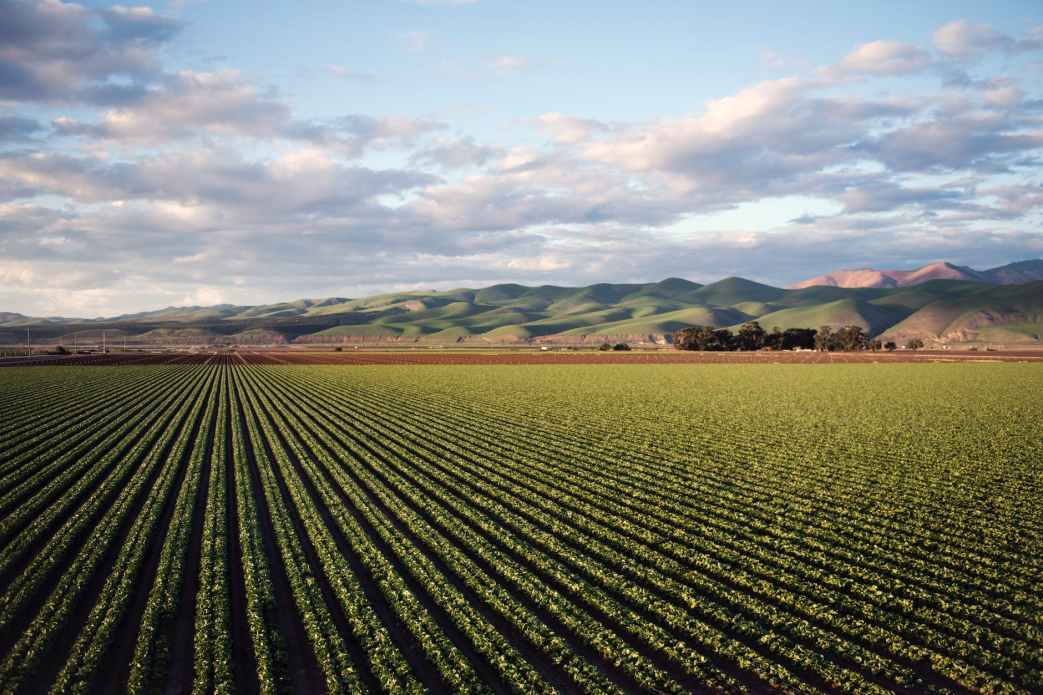By Clint Thompson
The absence of a new Farm Bill by the end of 2023 would not be the end of the world for the agriculture industry. It would just mean an extension or continuation of the current one.

Adam Rabinowitz, Alabama Extension economist, commented on what happens if a new Farm Bill is not in place by the end of this year, which is a high likelihood.

“Often, that Dec. 31/Jan. 1 date is looked at as saying, if we don’t get a new farm bill by that date, then expect an extension. An extension would mean just a continuation of the current farm bill. At that point, those negotiations would continue into 2024 which of course, is also an election year,” Rabinowitz said.
The Farm Bill is a piece of legislation that is renewed every five years. President Trump signed the current Farm Bill into law on Dec. 20, 2018. It is set to expire at the end of September. But that doesn’t mean a new one was expected to be in place by then.
“Even an on-time farm bill doesn’t typically happen by that Sept. 30 date. There is some leeway to that. It’s really that Dec. 31/Jan. 1 date that’s the bigger issue,” Rabinowitz said. “I don’t think we would see a formal extension before the latter part of December. For most programs, it’s not necessary to go that route. They’ll just continue regardless.
“We’ve also got a lot of congressional leaders working on a farm bill this time around that have not worked on one before.”
The current Farm Bill totaled $800 billion. Rabinowitz said this year’s Farm Bill will total about $1.5 trillion.











